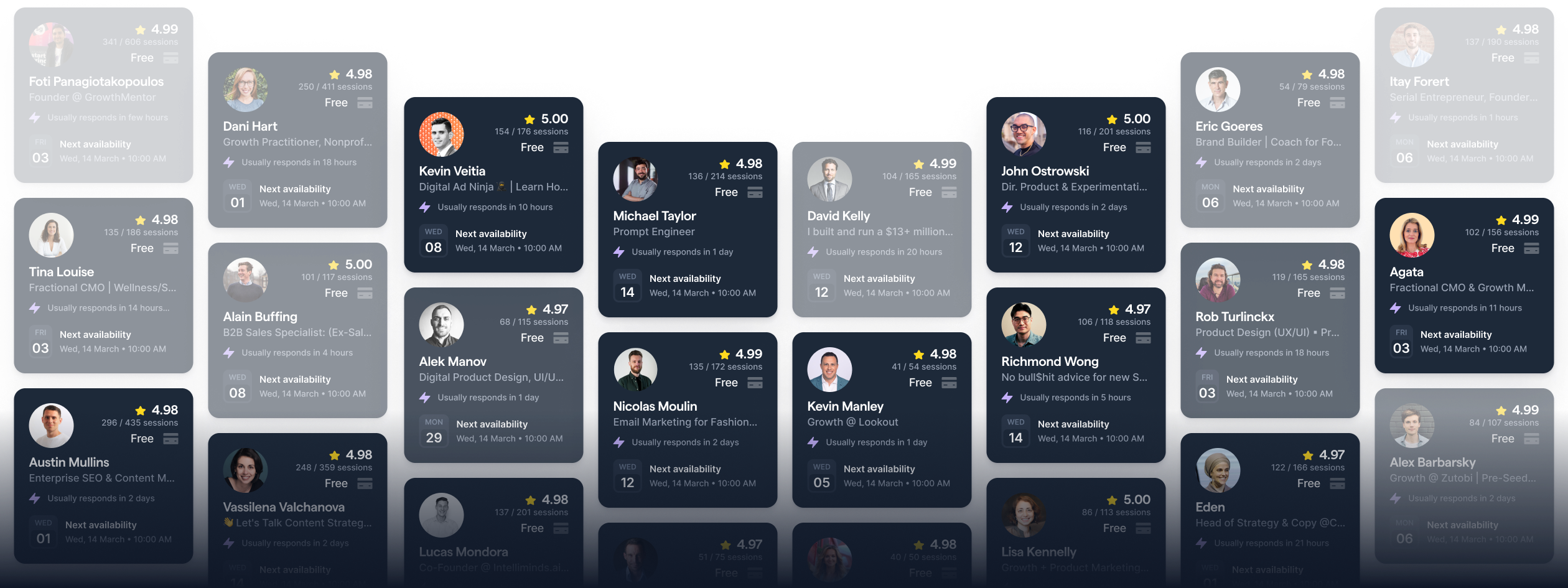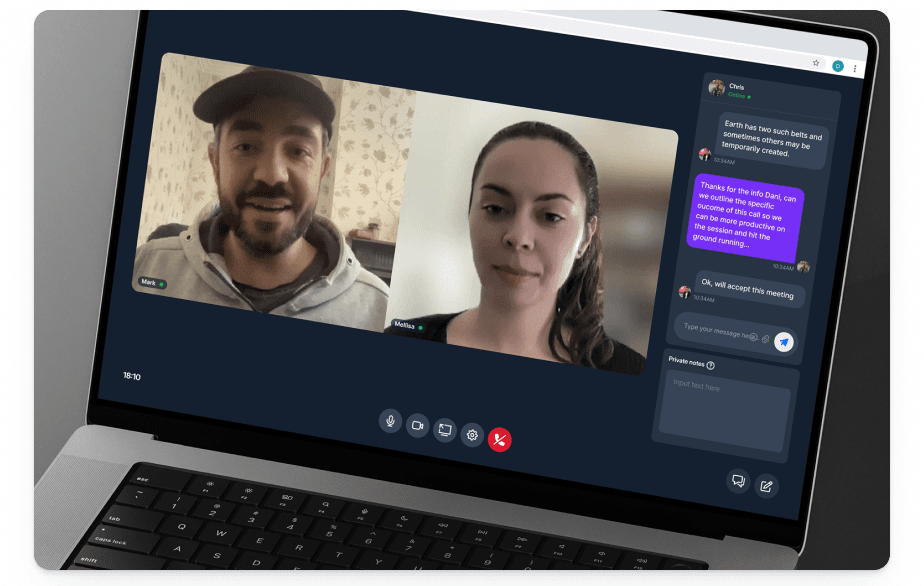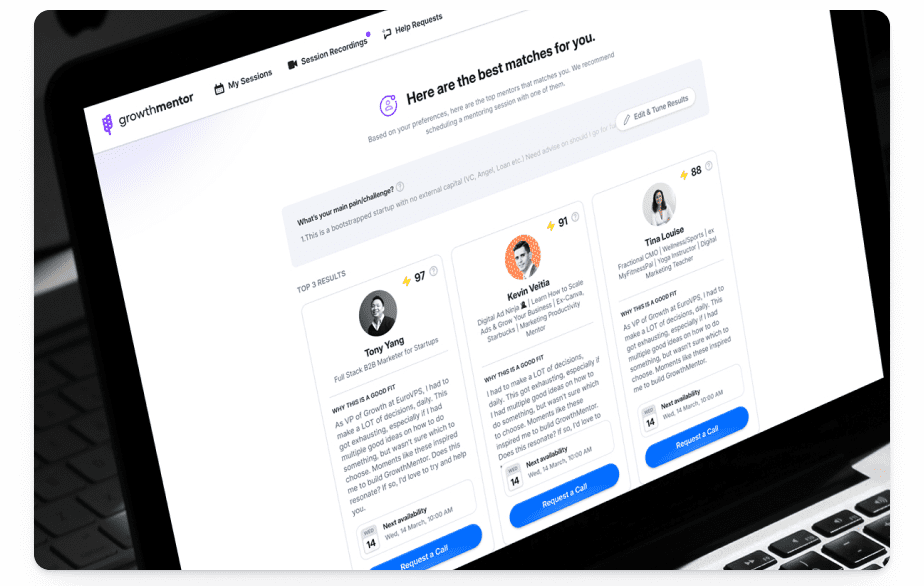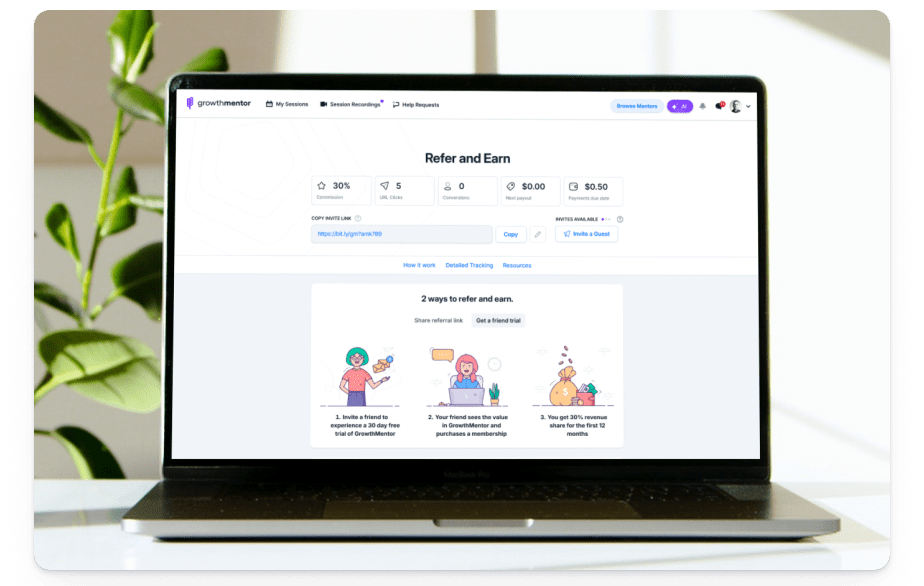“It’s insane how I’m able to hop on Zoom calls with hundreds of experts that work at some seriously impressive companies!”


Speak to mentors who can consult you on design and UX
What would you like to get better at today?
Skip the consultants, embrace design and UX mentorship
Connect with the right people and get unstuck
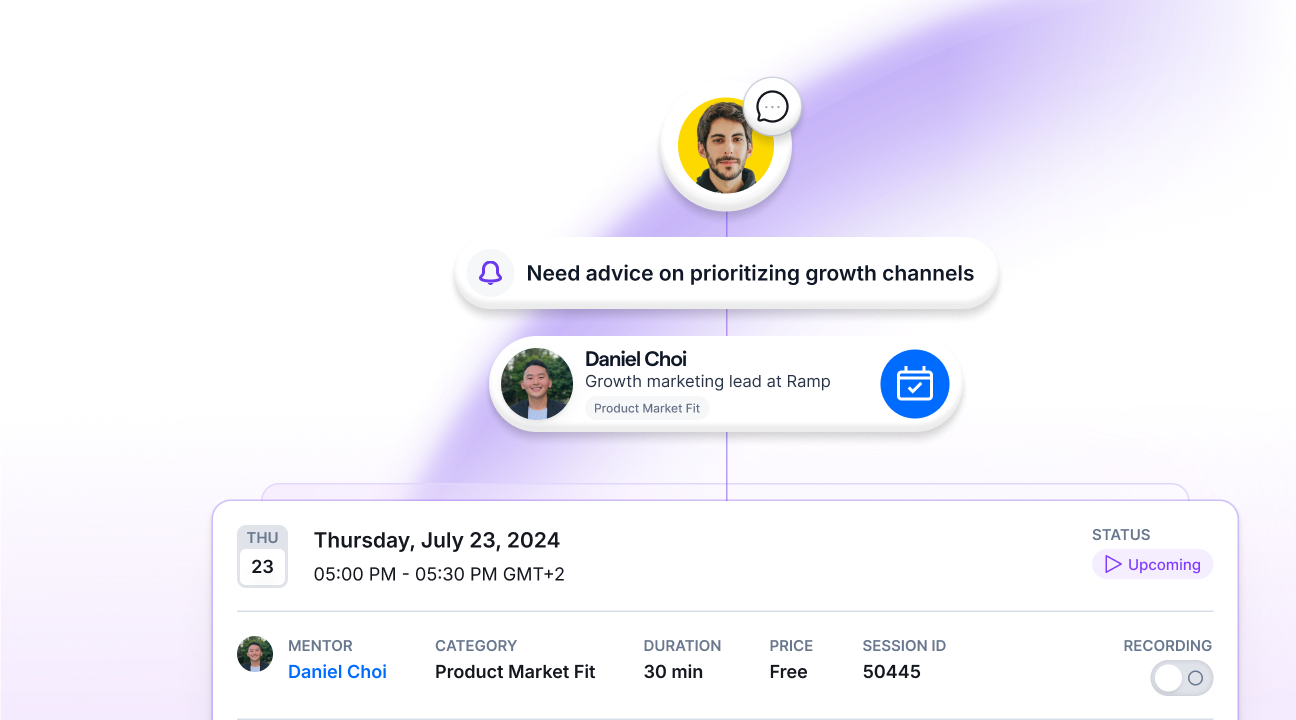

Find your mentor

Book a Call

Get unstuck
All your questions about mentorship, answered
What can a design and UX mentor offer compared to a design and UX consultant?
Typically, design and UX consultants charge a high consulting fee. But design and UX mentors work with a “done-with-you” approach. This allows you to learn how to enhance design and UX on your own, eliminating the need for expensive consultants or agencies.
Design and UX mentors will focus on:
Cost-Effective Expertise and Support: Because mentors are passionate about helping others, they’ll provide you with support and advice for design and UX without the steep fees.
Tailored Guidance: Your mentor will assess your specific situation and provide step-by-step walkthroughs of design principles and UX methodologies.
Actionable Advice: A design and UX mentor won’t leave you with a bunch of non-actionable theory. Instead, they’ll walk you through exactly how to start implementing their advice.
What can a design and UX mentor do for me?
Most design and UX mentors have worked on numerous projects throughout their careers. Some have been refining design and UX strategies since the inception of modern user experience methodologies.
These mentors possess the real-world experience necessary to give your projects a competitive edge.
With a mentor’s advice, you’ll gain insights into effective user interface designs, user experience optimization, and usability testing methods. You’ll understand how to create intuitive user journeys, improve accessibility, and integrate user feedback effectively.
For more advanced designers and UX professionals, a mentor can guide you through advanced prototyping techniques, interaction design principles, and strategies for conducting user research. They can share case studies and practical examples to help you apply their insights effectively.
Ultimately, you’ll achieve superior user satisfaction with reduced trial and error, regardless of your experience level.
Cost Comparison: Design and UX Consultants vs. GrowthMentor
When it comes to design and UX consulting, traditional consultants typically charge between $100 to $200 per hour, depending on their level of expertise and reputation. These costs can accumulate quickly, particularly for startups and small businesses requiring ongoing support.
In contrast, GrowthMentor offers a more affordable and flexible solution. For just $99 per month, you gain unlimited access to dozens of design and UX mentors. This flat monthly fee ensures you can engage in frequent sessions without concerns about hourly rates or additional charges for follow-up consultations.
Design and UX Consultants:
- Hourly Rates: Typically range from $100 to $200 per hour, depending on expertise and reputation.
- Total Cost: Multiple sessions can lead to significant expenses, which may be prohibitive for startups and small businesses.
GrowthMentor:
- Monthly Rate: $99 per month for unlimited sessions.
- Flexibility: GrowthMentor allows you to connect with various mentors, offering diverse perspectives and insights without committing to an exclusive consultancy arrangement.
By choosing GrowthMentor, you’ll receive ongoing, personalized guidance from seasoned design and UX professionals, all at a fraction of the cost. This enables you to allocate more resources towards optimizing your design and user experience efforts effectively.
Why should I trust GrowthMentor’s mentors?
Excellent question. After all, the “mentorship” world is full of high-priced consultants, armchair analysts who have never done the work themselves, and outright snake-oil salesmen looking to make a quick buck.
But, there are plenty of experts out there who want to share their experience and knowledge. At GrowthMentor, we’re lucky to have 700+ of those experts.
The secret comes from our vetting process. We not only double-vet all of our mentors so only the top 3% makes it through our process, we also look at their soft skills. Because no one wants a mentor who’s a snob or a jerk.
On top of it, 85% of our mentors don’t charge an extra fee. Why?
The short answer: Because they want to help people.
The long answer is because…
- They enjoy sharing their knowledge
- They learn from their mentees
- They want to be a “force for good” in the business world
- They want to pay it forward
But don’t just trust our word on it. Hear from the mentors themselves.
Join the most uplifting community on the internet
